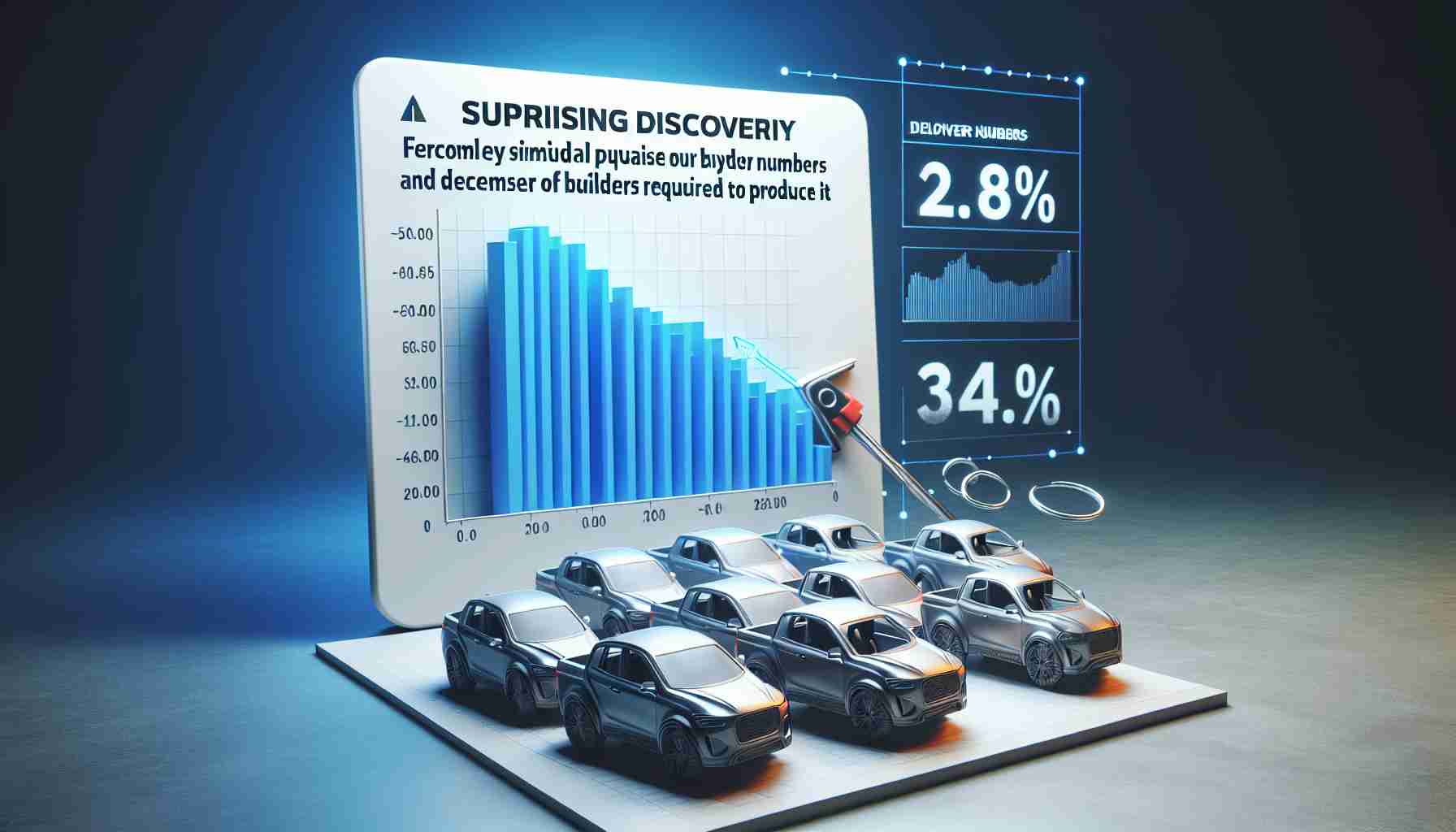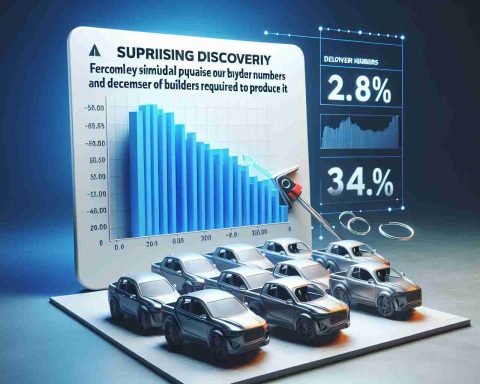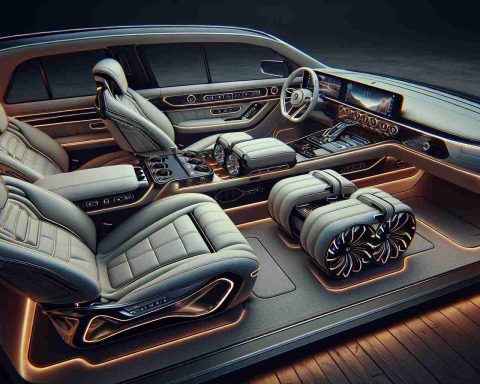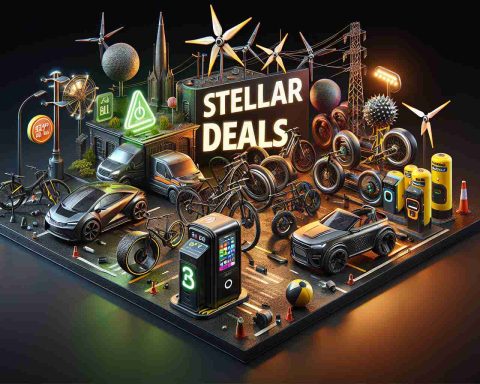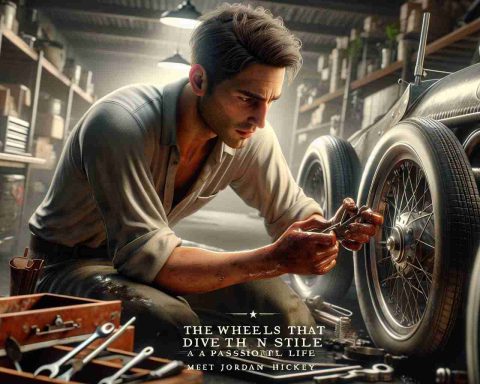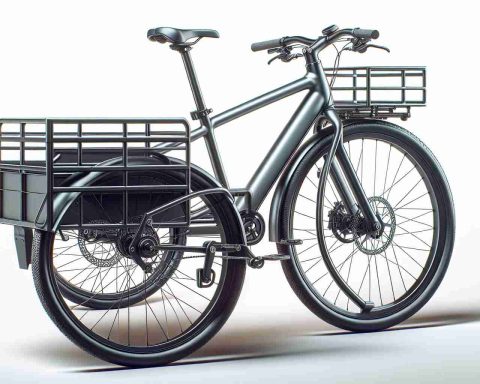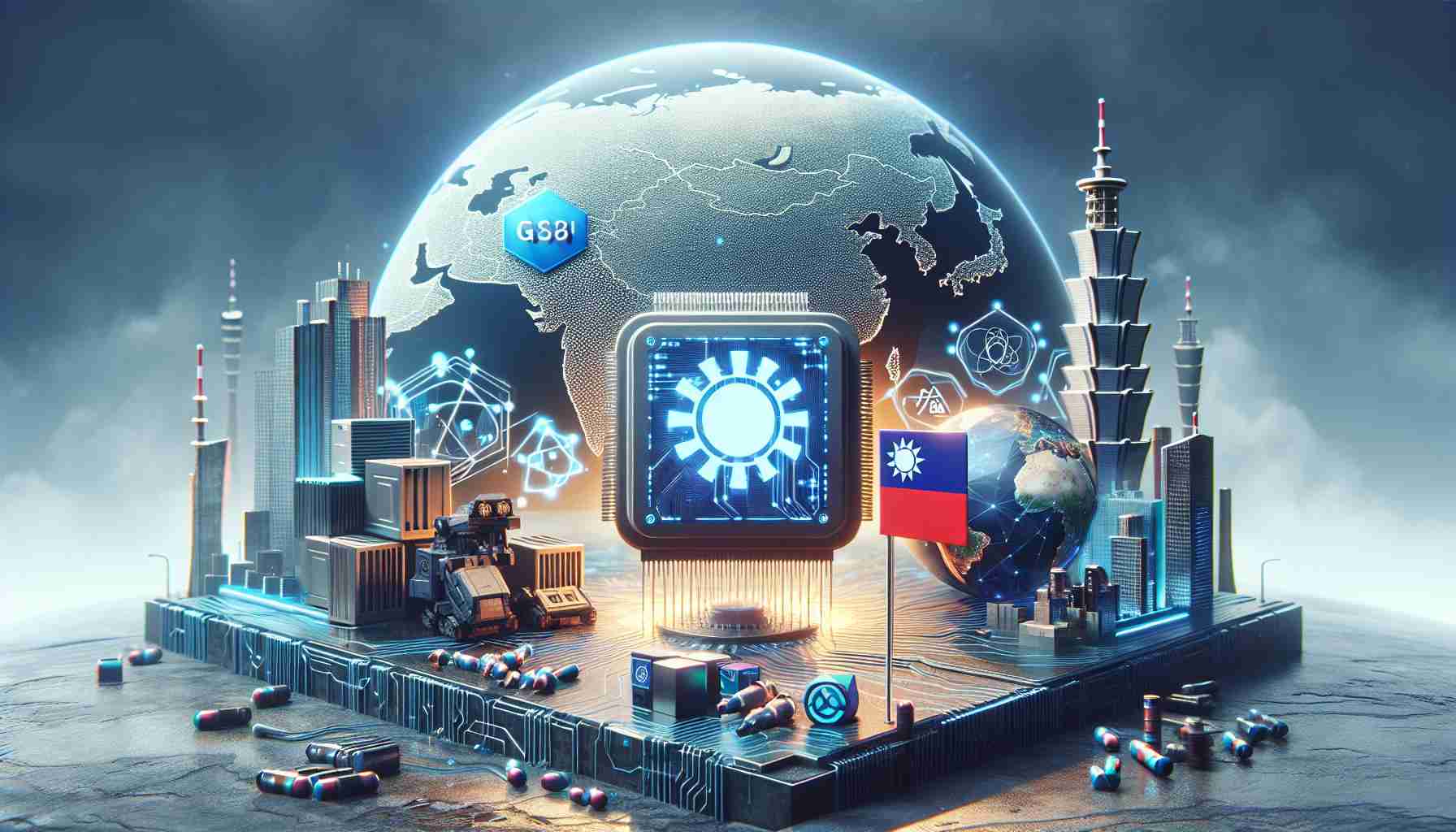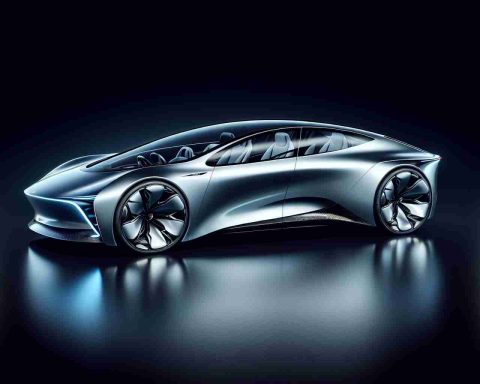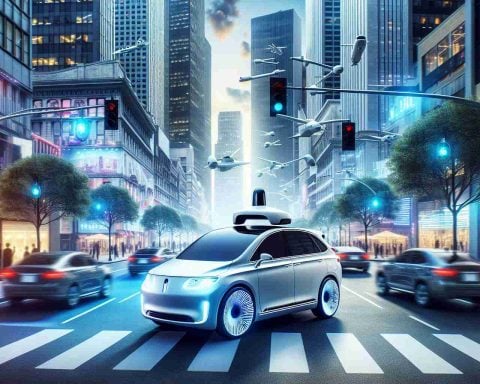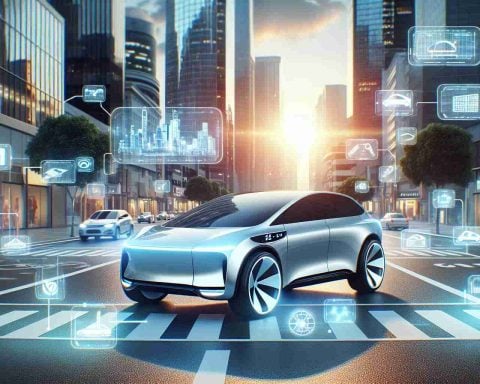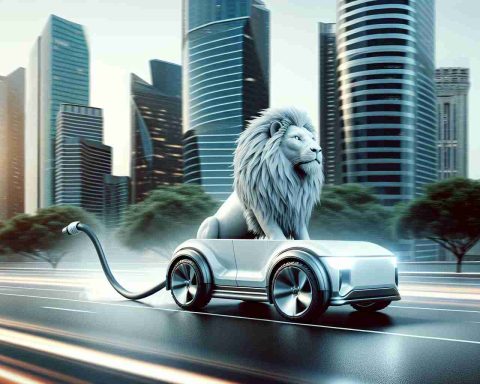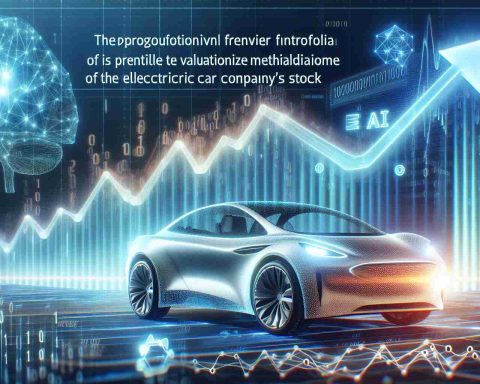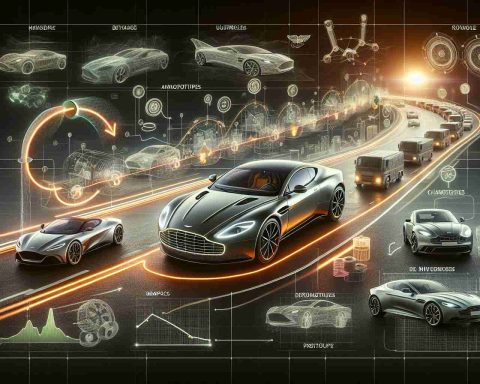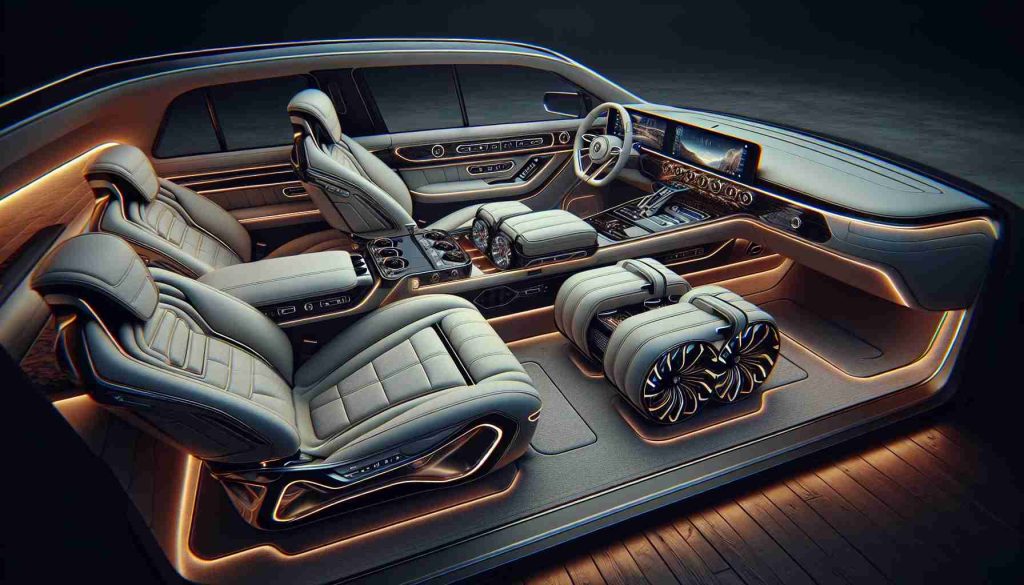- Porsche plans to lay off 1,900 employees as part of a strategic shift due to decreased demand and market changes.
- The company experienced a significant 28% drop in deliveries within the Chinese market, highlighting challenges in competing with local EVs like BYD.
- Porsche continues to focus on combustion engines and hybrids, a decision at odds with the global shift toward electric vehicle (EV) innovation.
- Voluntary staff exits are being facilitated by Porsche’s human resources to align with its evolving strategy.
- The booming Chinese EV market, offering advanced technologies, underscores a shift where electric options are the consumer norm.
- While global EV sales increase by 18%, Porsche’s profits reflect the growing importance of adapting to electric trends.
- The company faces the challenge of balancing its storied legacy with the necessity to innovate and embrace electric propulsion.
Porsche, the emblem of luxury motoring, just revealed a not-so-glamorous side of its venture—a plan to part ways with 1,900 employees. As the iconic brand shifts gears, it’s a stark reminder that fewer cars on the road mean fewer hands on the assembly line.
Recently, the automotive titan faced a sharp 28% decline in its Chinese market deliveries, unraveling an unexpected truth: prestige doesn’t always equate to popularity. In what feels like a twist of consumer fate, the allure of switching a BYD for a Porsche didn’t resonate across the vast streets of China as Porsche may have hoped.
Even more intriguing, the company leans into developing combustion engines and hybrids, perhaps as a nod to nostalgia rather than innovation. Such a stance seems puzzling in an era racing toward electric promises. As the sound of roaring engines meets the silent charge of electric innovations, Porsche’s approach seems a curious blend of tradition and translational denial.
Porsche’s human resources maestro, Andreas Haffner, gently ushered these cuts through voluntary exits—an elegant invitation to align oneself with a shifting strategy. Meanwhile, Chinese EV pioneers, like BYD, delight consumers with free advanced technologies, revealing a landscape where cutting-edge features are commonplace.
Irony blooms as Porsche’s profit margins contract, realizing the electric wave isn’t merely a trend but a tide. Global EV sales rise by 18%, signaling that perhaps the driver isn’t the problem but the vehicle itself.
For Porsche, the journey continues amidst a landscape dramatically shifting from gasoline to gigawatts, offering a poignant reminder that the future won’t pause for those who cling to the past. The road ahead demands change, and Porsche, seated in its legacy, must decide how to journey forward.
Porsche’s Bold Move: What It Means for the Future of Luxury Cars
Navigating the Changing Automotive Landscape
Porsche’s recent announcement of workforce reductions amidst declining sales in China raises numerous questions about the future of luxury automotive brands. This move not only highlights changing consumer preferences but also Porsche’s response to shifting industry dynamics. Let’s delve into various aspects often overlooked, drawing parallels with industry trends, and providing actionable insights.
How-To Steps & Life Hacks for Car Enthusiasts
1. Invest in Hybrid Technologies: As Porsche shifts its focus back to combustion engines and hybrids, car enthusiasts should explore hybrid models. These offer a balance between traditional power and newer eco-friendly technologies.
2. Understanding Resale Value: High-end vehicles like Porsche often maintain better resale value. However, staying informed about market trends can help owners maximize their investments when the time comes to sell.
3. Luxury Features Utilization: Optimize the use of luxury features such as advanced navigation systems and heated seating to enhance the driving experience. Regular software updates are crucial for technology-integrated automobiles.
Real-World Use Cases for Porsche Vehicles
– Performance Enthusiasts: Porsche remains a favorite among those who appreciate high-performance and engineering excellence, especially in motorsports.
– Luxury Commuting: For professionals seeking comfort and status, Porsche still stands out as a symbol of success on the road.
– Hybrid Integration: Use of hybrid models for those who favor a mix of traditional driving experience while slowly transitioning to more sustainable technologies.
Market Forecasts & Industry Trends
– The global electric vehicle market is projected to grow at a CAGR of 21.7% from 2022 to 2030. Porsche’s focus on hybrids suggests a gradual transition rather than a full pivot like competitors Tesla and BYD.
– Luxury brands embracing full electrification are likely to gain a larger share, with Audi and Mercedes-Benz already making significant strides to cater to eco-conscious consumers.
Reviews & Comparisons
– Porsche vs. Electric Brands: While Porsche excels in performance and brand prestige, Tesla offers superior electric range and autonomous technologies.
– Engine Alternatives: BYD and other Chinese manufacturers are successfully incorporating cutting-edge EV tech at value prices, challenging traditional luxury brands like Porsche.
Controversies & Limitations
– Nostalgia vs. Innovation: Critics argue Porsche’s allegiance to combustion engines might limit its market share as the global shift to electric vehicles continues.
– Cultural Preferences: The poor reception of Porsche in China highlights a potential mismatch between the brand’s identity and consumer expectations in rapidly changing markets.
Features, Specs & Pricing Insights
– Porsche’s combustion engine and hybrid models come equipped with features like adaptive cruise control, premium audio, and state-of-the-art manufacturing standards. However, prices remain significantly higher compared to electric counterparts from brands like BYD.
Security & Sustainability
– Sustainability Challenges: Porsche still predominantly uses combustion technology which faces scrutiny over environmental impact. Their move towards hybrids signals an incremental change towards sustainability.
– Security Features: Known for robust build quality, Porsche vehicles incorporate top-tier security systems offering peace of mind for luxury car owners.
Insights & Predictions
– Porsche is likely to develop more hybrid models initially, with a gradual shift to electric vehicles to maintain pace with industry-wide zero-emissions goals.
– As electric vehicle infrastructure improves globally, consumer acceptance of full EVs will likely increase, pressuring luxury brands to innovate.
Actionable Recommendations
– For potential buyers, consider hybrid models for a balanced transition towards renewable energy while enjoying traditional luxury.
– Keep informed about technology updates and market shifts to make well-timed buying or selling choices.
– Stay abreast of global automotive trends, particularly in electric vehicles, to anticipate how brands like Porsche adapt in this evolving landscape.
In conclusion, Porsche’s journey is emblematic of how legacy automotive brands grapple with modern shifts from gasoline-driven prestige to sustainable innovation. By embracing a measured approach towards technology integration, car enthusiasts can navigate these changes seamlessly.
